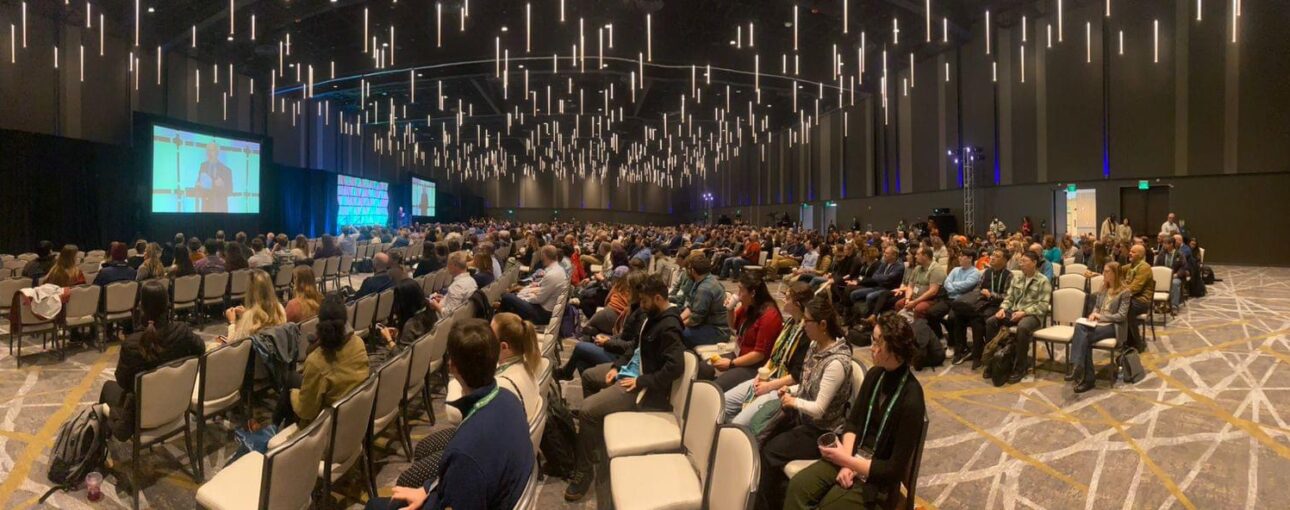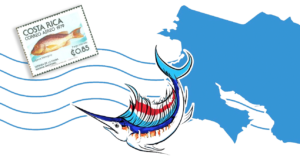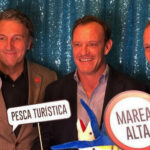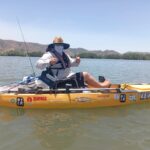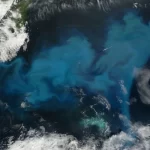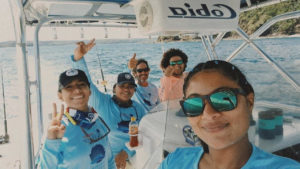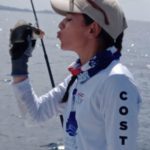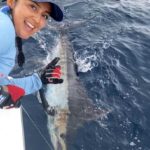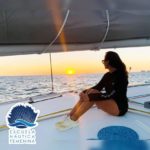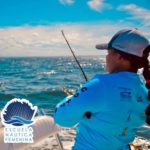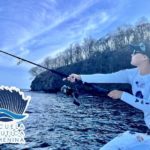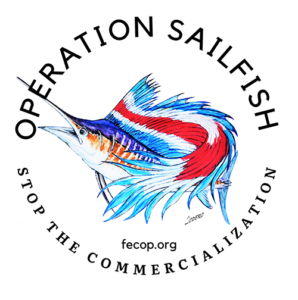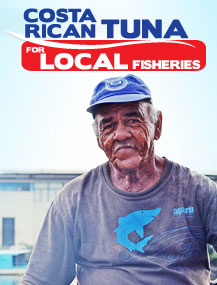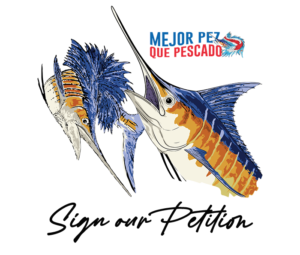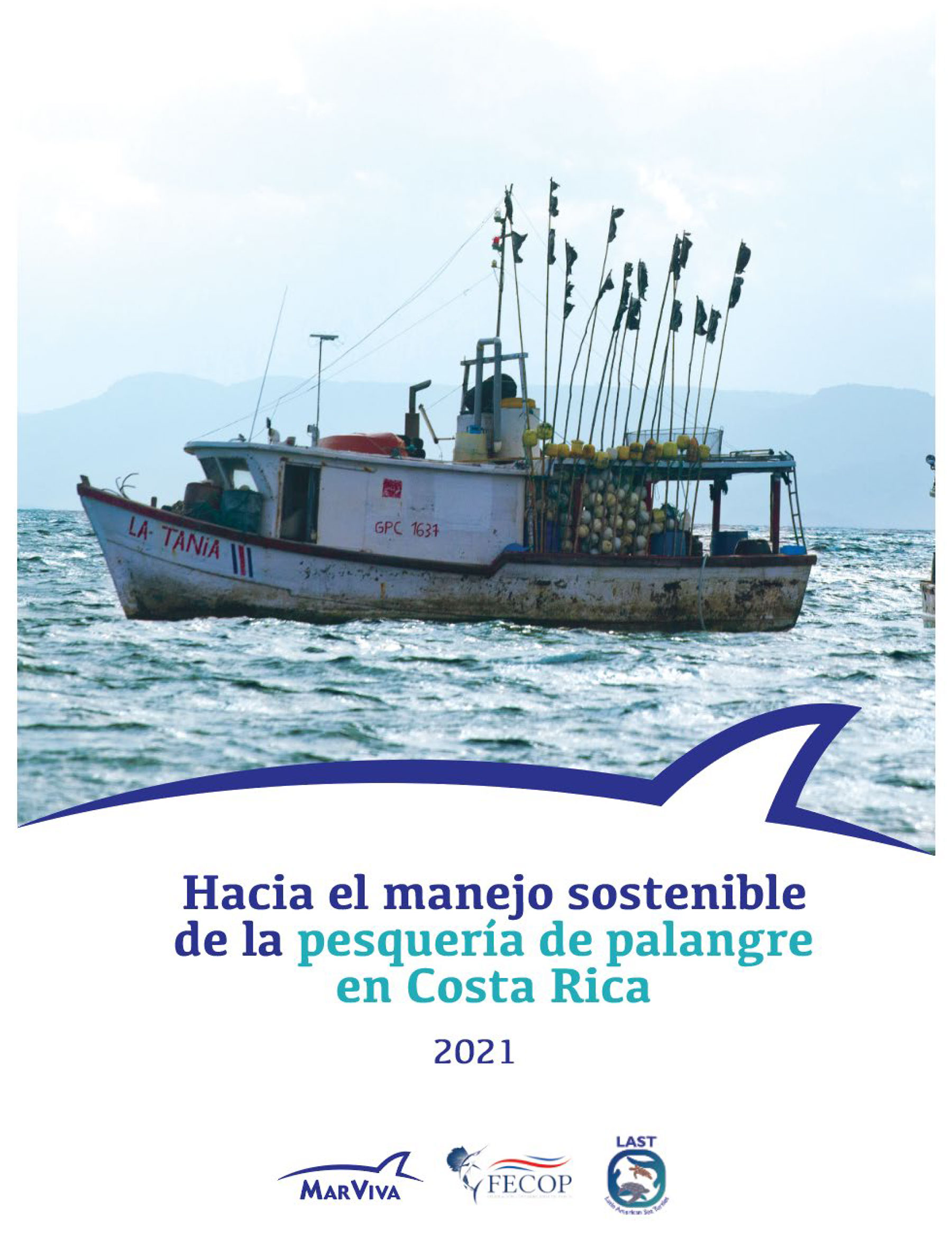Organized through the World Council of Fisheries Societies every four years, this important annual event focuses on the health of the world’s fisheries
This past week members of FECOP attended the 9th Annual World Fisheries Congress in Seattle Washington joining over 1,500 fisheries delegates from around the world to discuss perspectives on research, emerging issues and governance related to fisheries science, industry, conservation, and management.
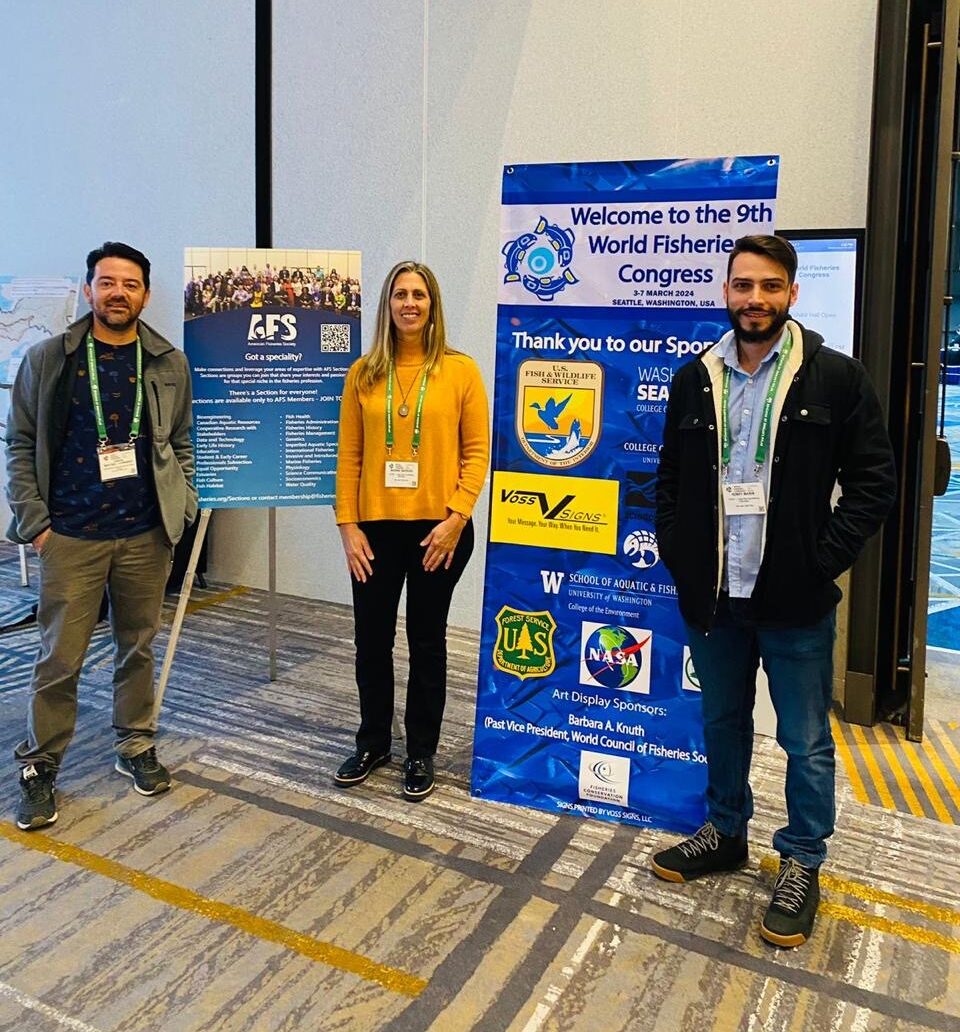
Organized through the World Council of Fisheries Societies, every four years, this important annual event focuses on the world’s fisheries as well and offers a platform to exchange ideas, technologies and strategies geared toward improving the health of fisheries around the globe.
At this year’s event FECOP’s Herny Marin and Executive Director Dr. Marina Marrari gave presentations on how recreational fishing is leading to greater awareness of responsible fishing and conservation of billfish and other species in Costa Rica as well as its positive socioeconomic impacts on coastal communities.
Marine recreational fisheries have an estimated global socio-economic importance of US$ 40 billion/year and have grown steadily becoming a major source of tourism and development in many countries.
Although it has been shown that they provide important opportunities for the development of coastal communities, they are often overlooked by fishing authorities and the dynamics and socio-economic impact in many countries are poorly understood.
In Central America, fishing tourism has grown considerably over the past decades and several recent research initiatives have focused on studying some of the main target species, including sailfish and marlins, and the conditions that favor the high abundances often observed in the region.
In Costa Rica, sport fishing and recreational fishing tourism are well-developed and attract over 150,000 foreign anglers every year, generating an estimated US$520 million to the national economy and supporting 33,000 jobs.
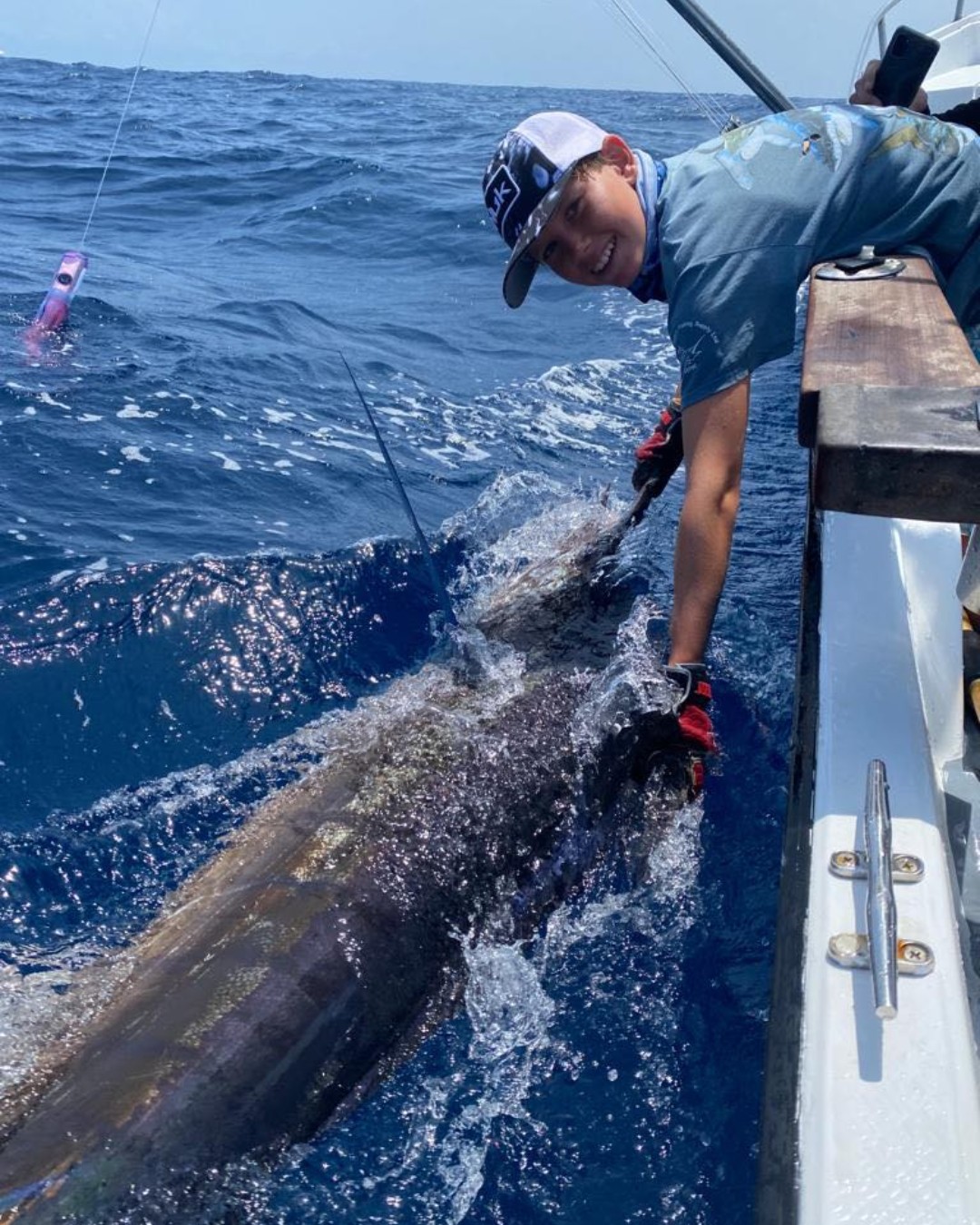
Other items on the agenda: sessions on the potential of digitalization of the whole value chain of the fishing sector toward sustainability; quality and safety; application of population models to predict dynamics of fish exposed to anthropogenic changes; pathways for a sustainable co-existence on offshore energy; fisheries and marine conservation; and evolutionary effects of species distribution shifts and building adaptive capacity for conservation and management.
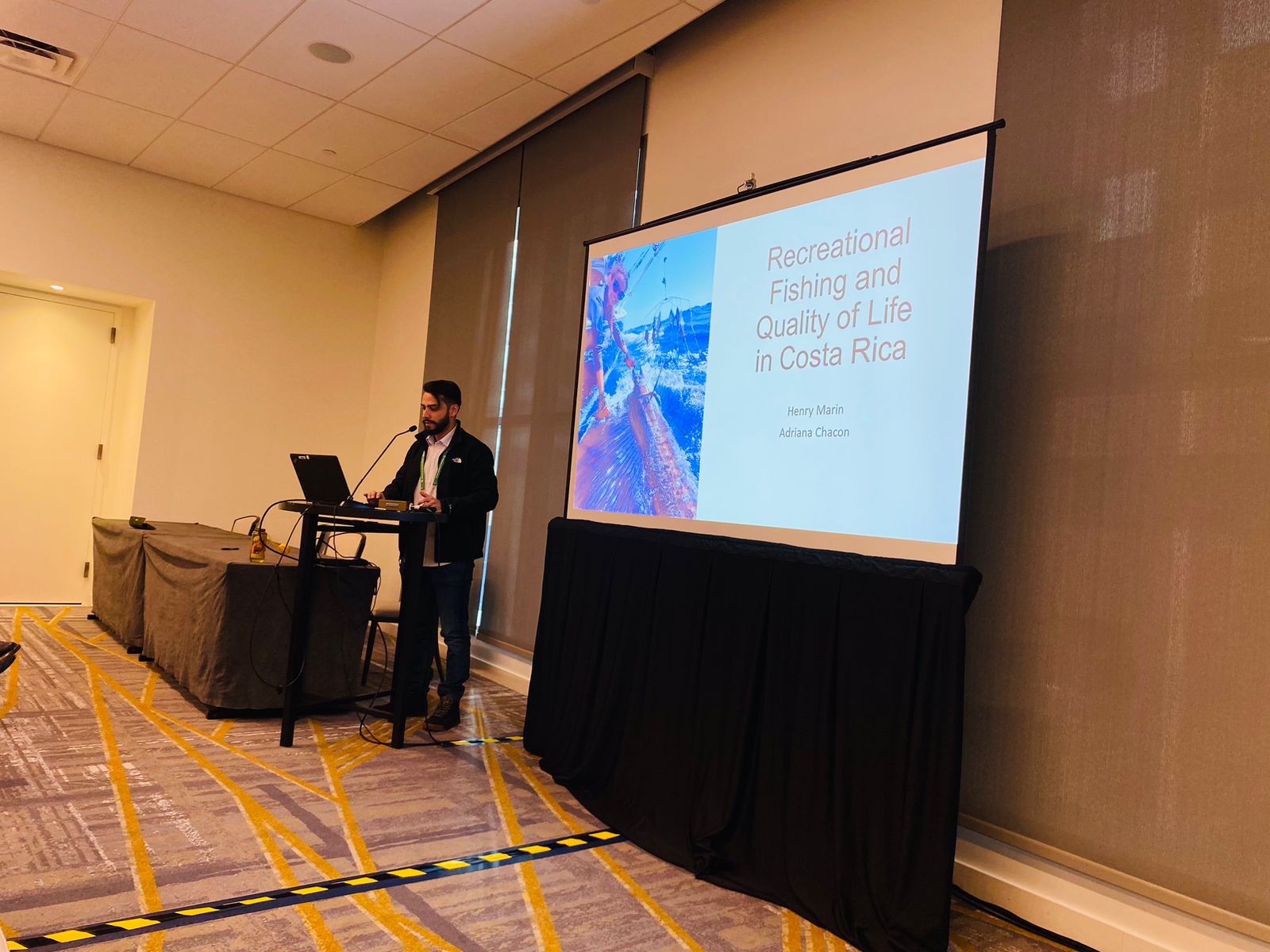
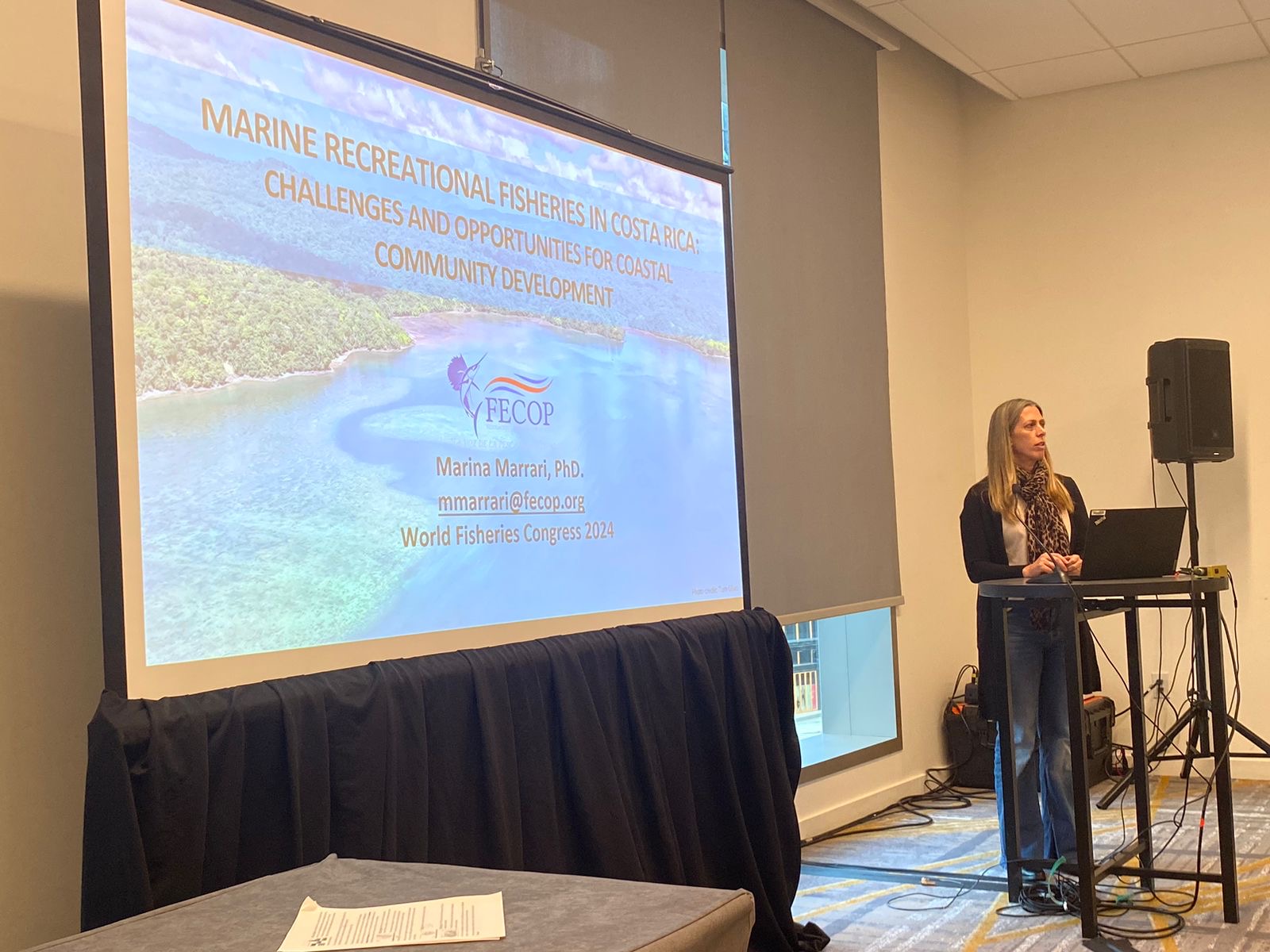
FECOP is dedicated to expanding and protecting jobs for coastal communities on the Pacific and Caribbean sides of the country and conserving fish species of touristic interests.
For more information about FECOP’s current projects and initiatives visit FECOP.org

